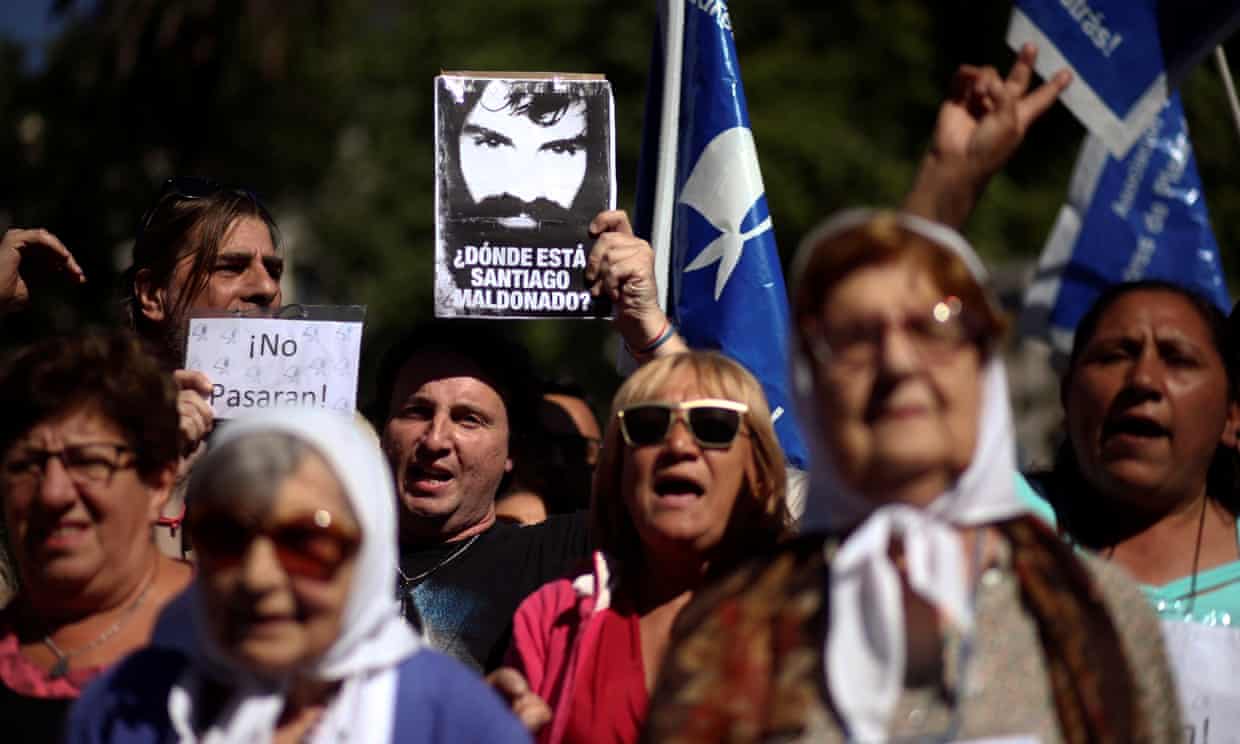By Jenilyn Brhel
Impunity Watch Reporter, Europe
BARCELONA, Spain – Nearly 900 civilians and over 400 police officers were injured in clashes sparked by the Catalan independence referendum on October 1st.

Videos at the scene show police dragging people out of voting stations, throwing them down stairs and kicking them. Rubber bullets were also fired at civilians.
Human Rights Watch, a human rights organization based out of New York, sent a representative to Barcelona to investigate the allegations of police brutality, declaring that the Spanish state “has a duty to protect the rights to peaceful assembly and free expression.”
Government officials in Spain defended the police action and called it proportional to the threat. Force was used under orders from Madrid to shut down voting stations and seize ballot boxes.
Citizens of Catalonia have long harbored a desire for independence from Spain. Catalonia is a region in Spain with its own language and culture. However, Spain’s constitution of 1978 gives the government exclusive power to hold referendums, and it considered the referendum to be unconstitutional.
Spanish Prime Minister Mariano Rajoy had promised to do anything in his power to stop the referendum from taking place. He thanked the police for their “firmness and serenity” in the situation.
Over two million people were able to vote despite the violence. Of those, 90 percent voted for the secession of Catalonia. Many were prevented from casting their votes.
Eyewitnesses report that police were indiscriminate in who they targeted. There were reports of children and elderly people being injured.
“The police didn’t beat just people who were going to vote ‘Yes,” they forced and kicked at everybody, old people included,” said Pau Subira Zirita, a witness.
Violence also ensued between the Catalan regional police and the Civil Guards, a paramilitary force sent in from around Spain.
The Council of Europe’s Commissioner for Human Rights, Nils Muiznieks, urged Spain to conduct “swift, independent and effective” investigations into the conduct of the police and their use of force in the situation.
“I urge you to ensure, in co-operation with other authorities in charge of law enforcement, that swift, independent and effective investigations are carried out into all allegations of police misconduct and disproportionate use of force during the events of 1 October 2017 in Catalonia,” he said.
Anais Franquesa Griso, a human rights lawyer, is working with several organizations, including Human Rights Watch, to collect information from those injured or whose rights were deprived. This information will be reported to international human rights organizations.
For more information, please see:
Aljazeera – Catalan Vote: Claims of Police Brutality Probed – 3 October 2017
Los Angeles Times – Amid Scenes of Chaos and Violence, Catalonia Independence Vote is Projected to Pass Overwhelmingly – 1 October 2017
The Local – Council of Europe Human Rights Chief Urges Spain to Launch Probe Into Police Action in Catalonia – 9 October 2017
The New York Times – Catalonia Leaders Seek to Make Independence Referendum Binding – 2 October 2017
Reuters – Madrid Representative in Catalonia Apologizes for Police Violence During Independence Vote – 6 October 2017

